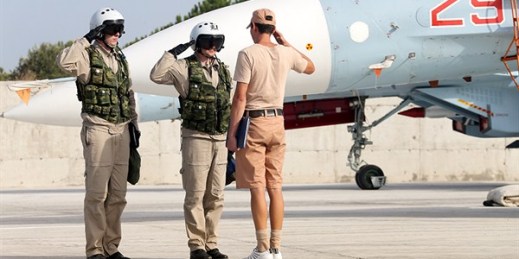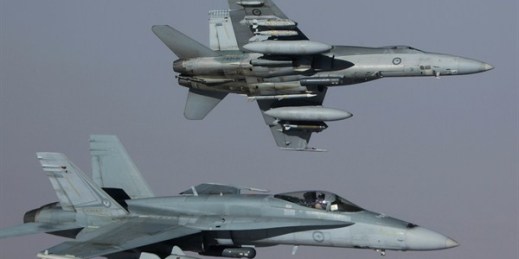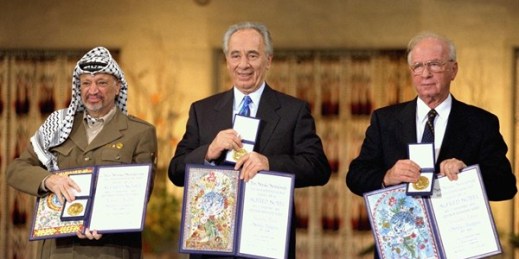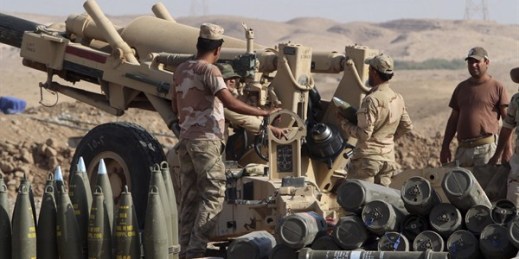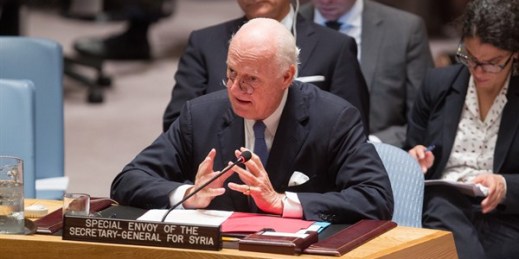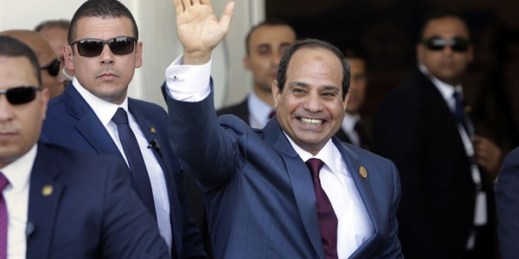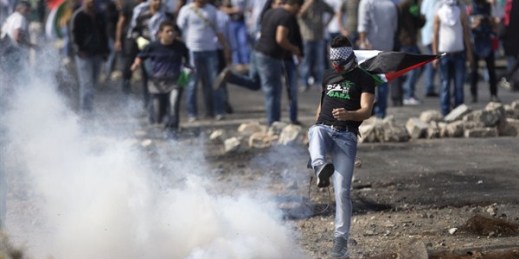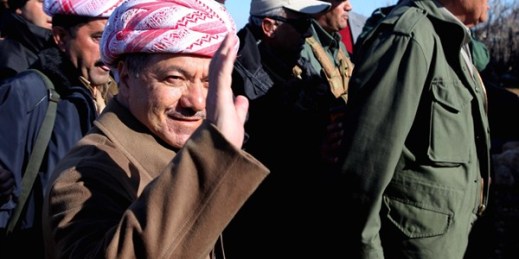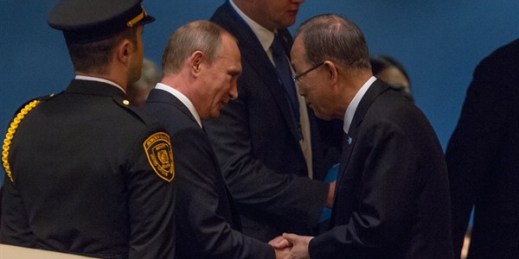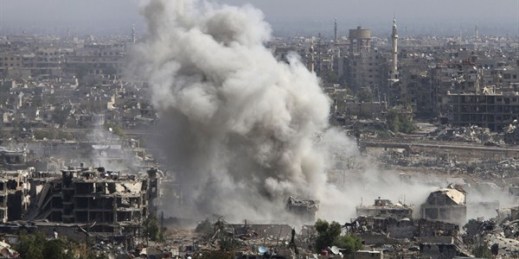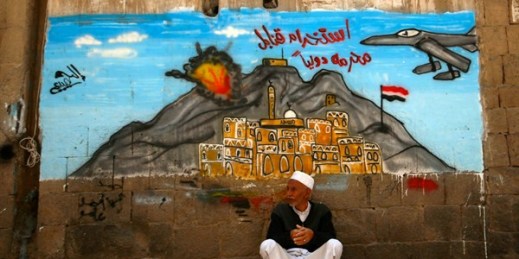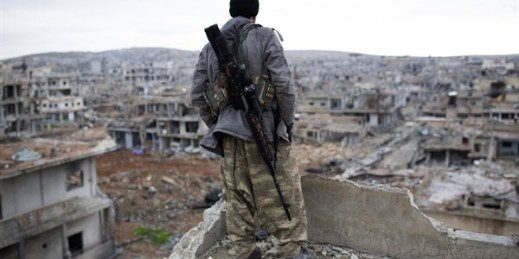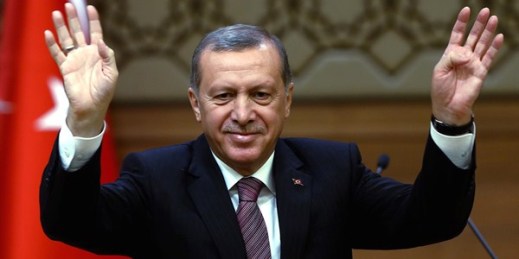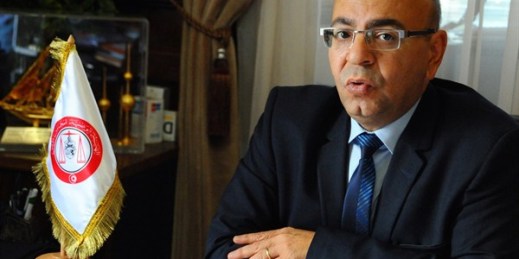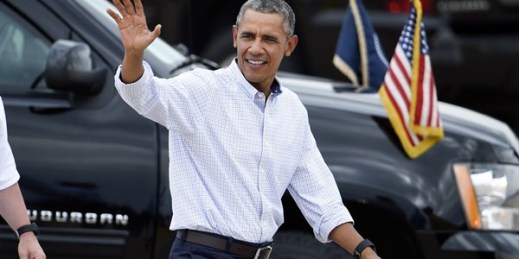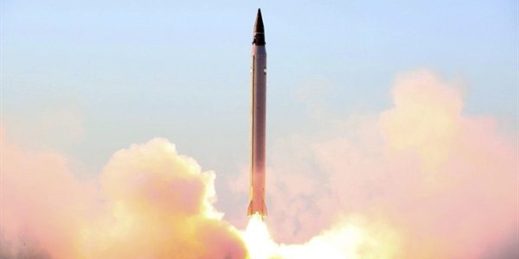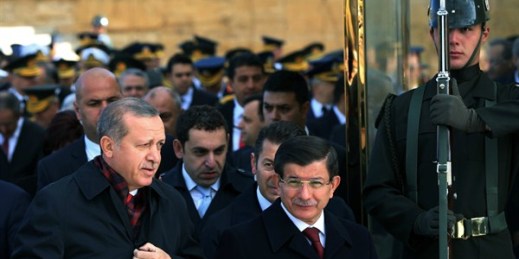
Turks will head to the polls again this Sunday, Nov. 1, to vote for a new parliament, after negotiations to form a coalition government failed following an inconclusive election in June. The vote comes amid considerable unrest in Turkey: In July, a two-year cease-fire agreement between the government and the insurgent Kurdistan Workers’ Party (PKK) collapsed, while a cell of the self-proclaimed Islamic State in southeastern Turkey has attacked several targets near the Syrian border and, recently, deeper in Turkey, including two suicide bombings that killed more than 100 people in Ankara earlier this month. Despite this unrest, opinions polls […]

